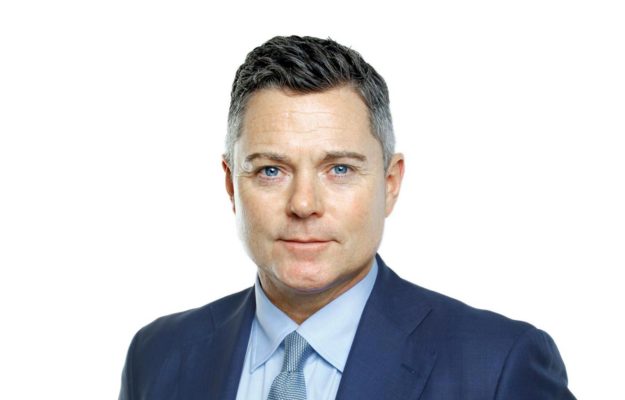Potentially Britain’s most extensive e-charging network, with up to 50,000 EV charge points based at public facilities by 2030, was offered as a commercial vision today.
UK colleges and schools are the focus of eCharge, a new joint venture launched today by London-based eEnergy and its partners EO Charging.
The latter is a trading name for Stowmarket-based Juuce Ltd, designers of EV charging hardware.
Harvey Sinclair’s eEnergy has been listed on AIM since early 2020. From roots in providing energy efficiency as a service (EEAS) to Irish educational institutions, it has expanded to serve over 600 UK schools and 2,000 other workplaces, offering services from clean power purchasing, efficiencies in lighting, power and facilities management.
Across a UK public sector including NHS hospitals and housing associations, eEnergy manages and monitors 12,153 power meters.
The parties sees that base as a springboard deeper into Britain’s 32,000 schools, colleges, and universities, and their 600,000-plus teachers, natural territory for the new eCharge EV charging brand.
“The education sector represents a significant underserved market to help accelerate the UK’s transition to low carbon transport”, Sinclair told investors today.
“Like many employers, schools face a growing demand for EV chargers just as energy costs reach record highs”, he wrote.
The partners have recruited Neil Campbell from price comparison site MoneyExpert to run eCharge.
“Our ambitious rollout will make life easier for teachers and other drivers by offering an affordable and accessible alternative and gives eEnergy an exciting new product category in a high growth market”.
EO Charging’s client base has included Amazon. Its founder and CEO Charlie Jardine commented: “Our partnership with eEnergy ensures this critical net zero infrastructure can be widely adopted by the public sector as well as businesses, making EVs accessible to more people throughout the UK.
By late afternoon, eEnergy’s share price on AIM was up 3.4%, valuing the group at £ 35 million. Twelve months ago, the group’s share price had been around double, at 22.5 pence.




